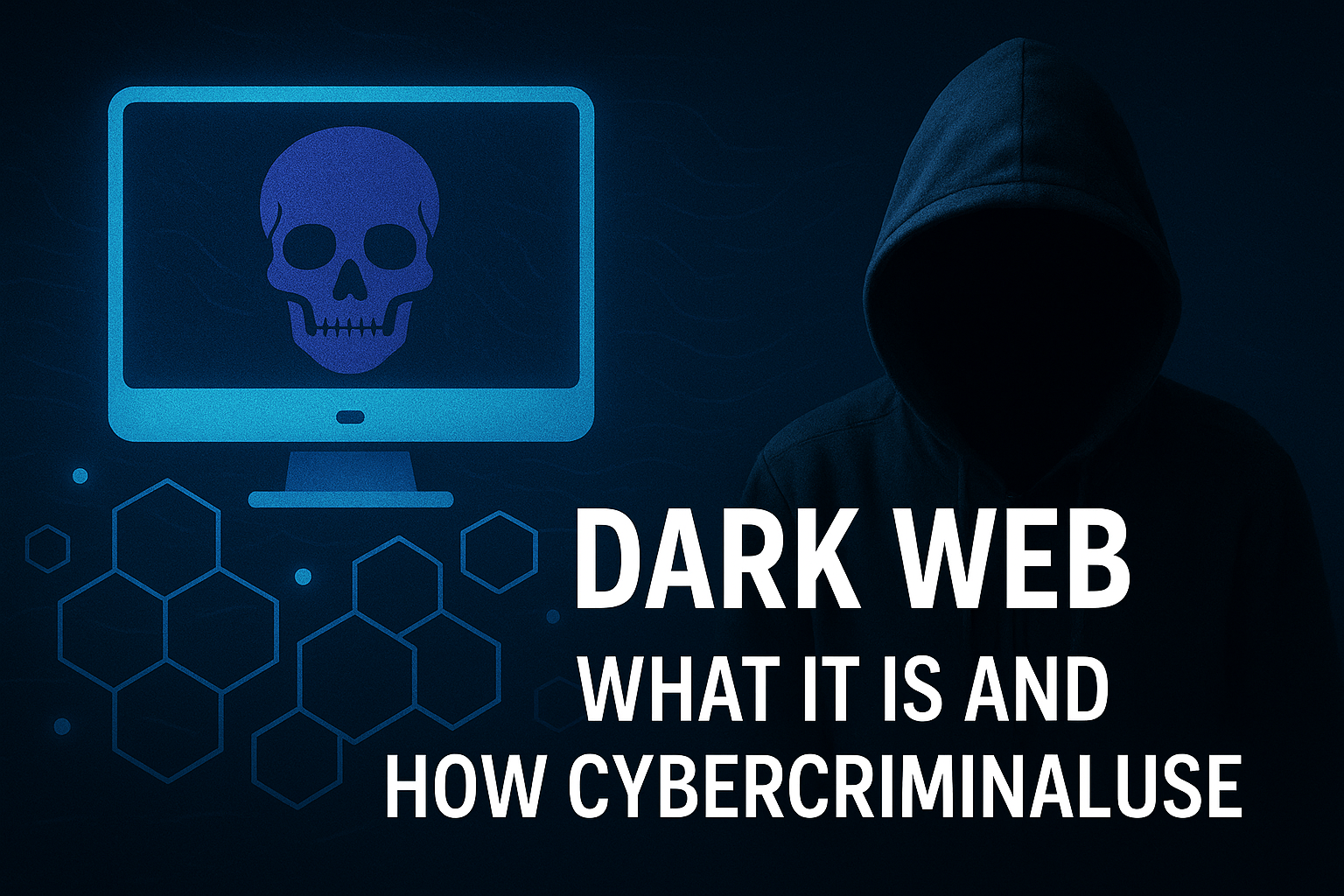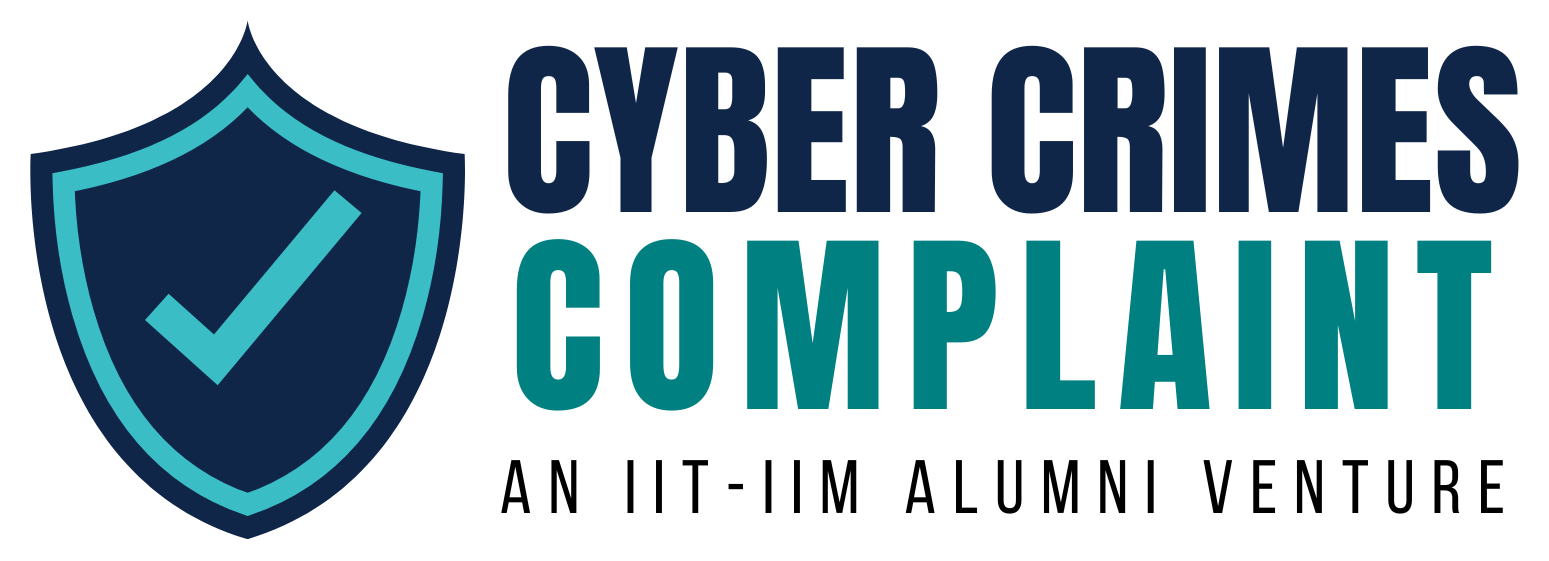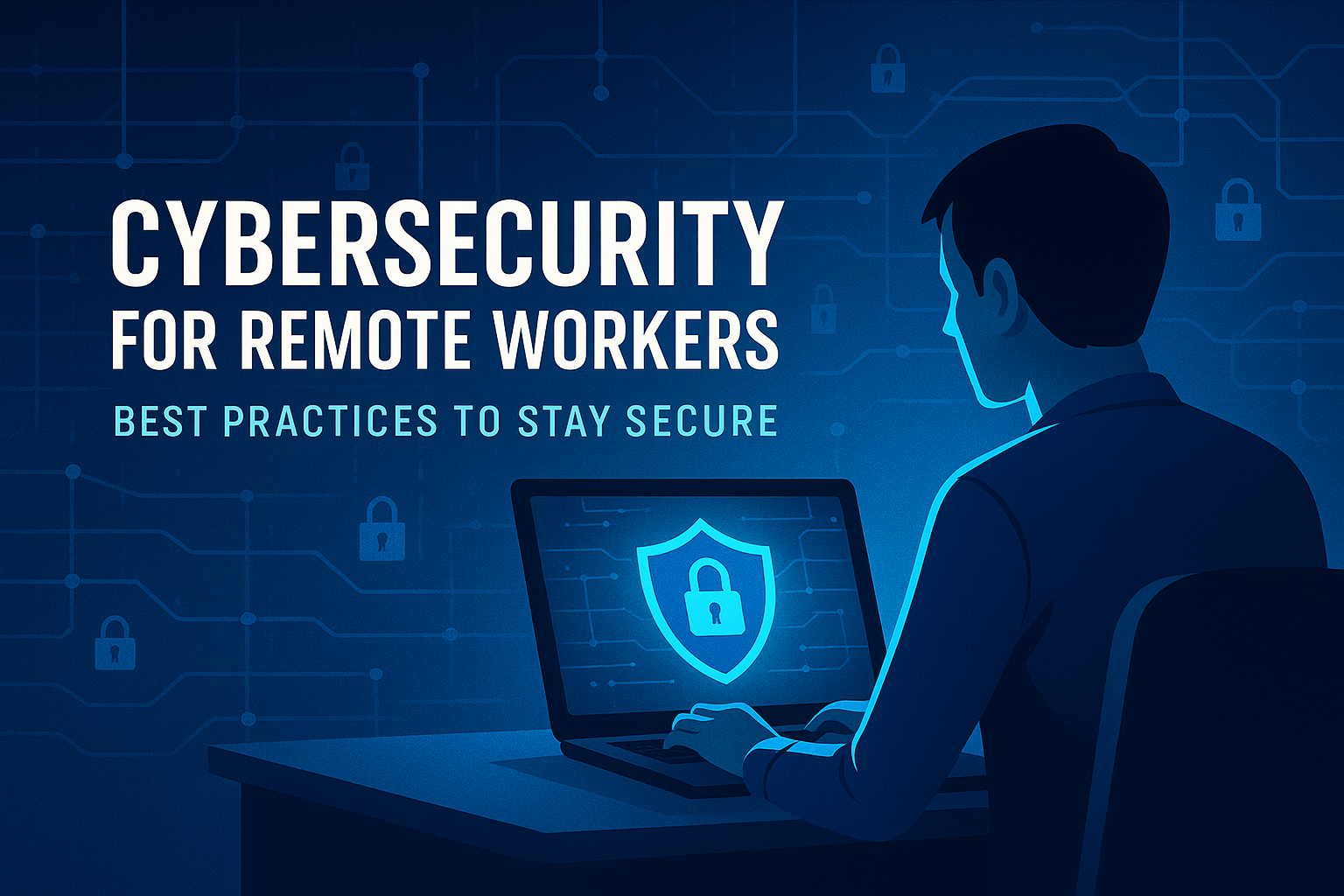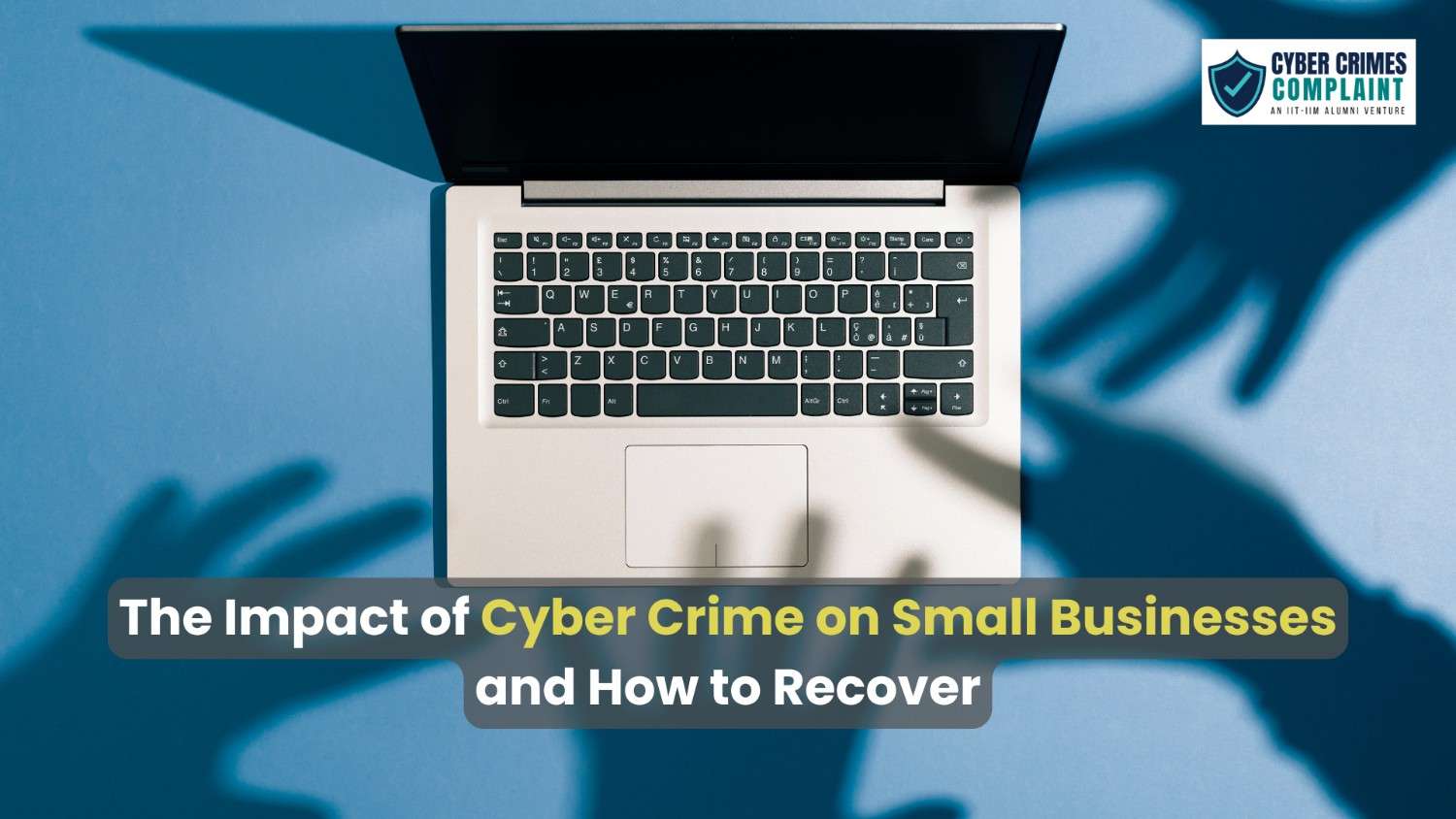· cybersecurity · 3 min read
Dark Web Explained: What It Is and How Cybercriminals Use It
Discover what the Dark Web is, how it works, and how cybercriminals exploit it for illegal activities like data breaches, identity theft, and financial fraud.

Dark Web: What It Is and How Cybercriminals Use It
In my years handling cyber crime cases, one term that consistently raises questions—and concerns is the “Dark Web.” To many, it sounds mysterious, almost fictional. But in reality, the Dark Web is a very real, hidden part of the internet where illegal activity thrives under a veil of anonymity.
What Is the Dark Web?
The Dark Web is a segment of the internet that is not indexed by traditional search engines and requires special software like Tor to access. Unlike the surface web we use daily, the Dark Web is designed to keep users and website operators anonymous. While this anonymity can benefit whistleblowers and journalists, it has also become a breeding ground for cybercriminals.
How Cybercriminals Use the Dark Web
Cybercriminals exploit the Dark Web for various malicious activities:
Selling Stolen Data: Leaked credit card information, bank credentials, and identity documents are commonly bought and sold. Once obtained through phishing scams or data breaches, this information is monetized quickly and discreetly.
Distributing Malware and Ransomware: Developers often use Dark Web marketplaces to sell or trade malware kits. These tools can be used to infect victims’ devices and demand ransom payments. For more on how such attacks occur, see our dedicated service page on Malware and Ransomware.
Facilitating Hacking Services: Some forums offer paid hacking services or tutorials for unauthorized system access. Victims may find their data compromised or their accounts locked out. Learn more about Hacking and Unauthorized Access and how to respond legally.
Running Fraud Schemes: The Dark Web serves as a hub for planning and executing phishing scams, identity theft, and other forms of fraud. These schemes often target both individuals and businesses with devastating consequences.
Legal and Security Recommendations
As a cyber crime lawyer, I strongly recommend the following precautions:
Stay Informed: Understand that your data—bank details, passwords, or identity documents—can end up on the Dark Web if you fall victim to online fraud.
Monitor Accounts Regularly: Set up alerts for unusual activity in bank accounts or email logins.
Use Strong Cyber Hygiene: Multi-factor authentication, encrypted communication tools, and reliable antivirus software are non-negotiable.
Report Suspected Cyber Crimes Immediately: The sooner legal action begins, the better your chances of minimizing damage and tracing offenders.
Final Thoughts
The Dark Web is not just a corner of the internet it’s a global marketplace of cybercrime. Recognizing the risks and knowing how to respond legally can be the difference between recovery and long-term damage. If you suspect your information is compromised or have fallen victim to cyber fraud, don’t wait seek legal support immediately.
At Cyber Crimes Complaint, we help victims navigate the legal process, trace cybercriminal activity, and file appropriate complaints through proper channels. Cybercrime may hide in the shadows but you don’t have to face it alone.


